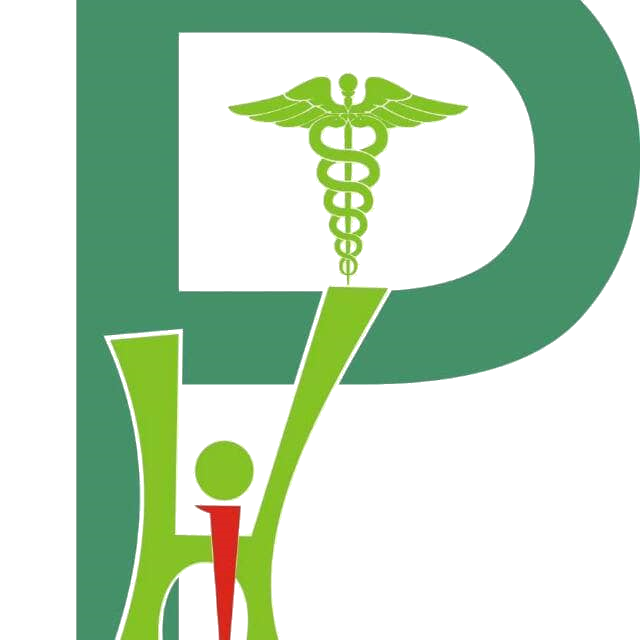Youth Health Education Program
PHI’s Health Education program focuses at increasing accurate information about HIV prevention, sexual reproductive health, maternal mortality and morbidity and teenage girls, drug and substance abuse information among youth aged 15years and 30 and their communities. PHI employees youth friendly approaches that disseminate information to the youth in a fun style. These include Music, dance and drama, health talks, health camps, youth dialogues, debates, poems, quiz, storytelling and essay writing competitions. The program targets youth in schools and out of school first in Wakiso district and other rural districts of Uganda. Youth are formed in Peer Health clubs and given materials in form of books, pamphlets and other IEC materials to continue integrating health messages in their clubs. The programs also inform and encourage access to counseling and testing, and provide meaningful access to adolescent care, treatment, and other health services.
Youth Entrepreneurship and Skills Development Program.
Under this program, PHI empowers the youth with knowledge and skills in entrepreneurship and practical skills. We use a Critical Thinking model called ‘Logic Die’ that empowers the youth with problem solving techniques and help them to come out of their shell. We train the youth in different vocational trades according to their desire and availability of market. Youth are also trained in Business grant and loan application skills, group saving models and business start up models. This is done to break the youth socio economic vulnerability to HIV infection, early pregnancy and other health related problems. We believe through the training by use of Logic Die, we shall give birth to a generation of critical thinkers who will also teach others.
ICT Health and Connect Program
This program also focus at using ICT for health where we support Youth Health Links/ Clubs and groups with laptops and a modem to be able to access health information and packages using a computer. The program also focuses at developing Health Apps and forums which help to give space to youth connect and learn about different health information. Using a Pamoja Health Initiative link, a youth can post any health related concern specifically about reproductive health and HIV and get quick feedback.
Community Health Library and ICT Innovation Center and Business Hub
This program focuses at increasing health knowledge and business entrepreneurship in the community. The center gives opportunity to community members to get latest and accurate health information as well as working as an innovative business hub. Youth use the center to research about innovate business solutions, carry out market research and advertisement for the products for their businesses in order to increase competititiveness, employment opportunities and poverty reduction among young people.
Health Days Campaign Program
In this program, we focus at carrying out special campaigns tailored to specific health events in order to promote health seeking behaviors among the youth and their communities. We specifically focus on the following days.
UNE 14 – World Blood Donor Day (WHO)
JUNE 26 – Int. Day Against Drug & Illicit Trafficking
JULY 12 – World Malaria Day
JULY 28 – World Hepatitis Day
AUGUST 1-7 – World Breast Feeding Day
AUGUST 19 – World Humanitarian Day
SEPTEMBER 5 – International Day Of Charity
SEPTEMBER 18 – World Water Monitoring Day
SEPTEMBER 28 – World Rabies Day (WHO)
SEPTEMBER 29 – World Heart Day
Well being and Vitality in Education (WAVE)
We support, co- ordinate and enhance health promotion activities within education settings, ranging from teenage stage through to Tertiary providers. WAVE builds on the strengths of the Health Promoting Schools framework and incorporates the “Whole of Setting” approach.
The aims of WAVE are to
- Support young people and their families in developing healthy behaviors
- Support settings to develop sustainable approaches to promoting the health and well being of staff and students
- Help raise pupil achievement in education
- Work in collaboration with key partners and community groups to meet the needs of the settings
- Reduce health inequalities
Water and Sanitation Program
A youth led Hospital.
Hospitals don’t have to be in the last link of disease of treat rather first in disease prevention. A youthly led hospital will design it packages to suit best young people. This is believed to increased health seeking behaviors.
Hospital Based care for young People.
